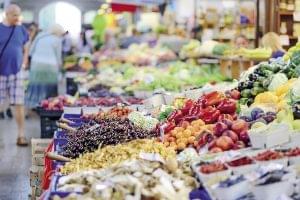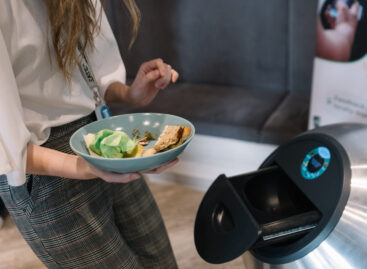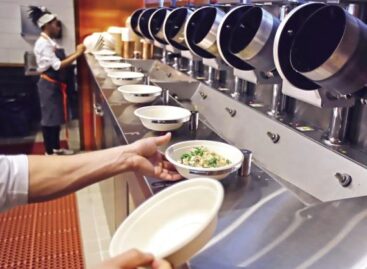Less luxury, more health?
In an 821-respondent representative survey, NMS Hungary was trying to find out what Hungarians are expecting from the year ahead of us, and how their expectations can influence their shopping habits.

Adrienn Dorogi
senior researcher
NMS Hungary
According to 45 percent of the participants, from a financial perspective 2020 will be just like 2019 was. About the same proportion of respondents said their income would be enough for less or much less this year. 59 percent aren’t satisfied with the financial situation of their family, and the majority thinks that they don’t even have the chance to earn more.

Attila Seres
client service manager
NMS Hungary
21 percent of people don’t plan big spending this year, e.g. on travel, holiday, flat refurbishment, etc. Those who do tend to go on a holiday – either in Hungary or abroad. 44 percent use their savings to spend on bigger things, and about the same proportion reckons that if they start saving now, they will have enough money for what they need in a couple of months; only 13 percent takes out a loan for extra expenditure.
Most people would like to rationalise their spending, only 10 percent said they don’t intend to spend less on anything than in former years. People plan to economise on consumer electronics, eating out, home furnishing and renovation. Typically consumers try to save money by buying the given category less often or spending less on it. Shoppers expect that they will have to spend more on food and health products, and on the related services in 2020.
In order to be able to buy everything they need from a grocery store, shoppers intend to spend less on sweets, salty snacks, fizzy drinks and ready meals. From the basic food categories it is bakery items, cold cuts, cheese, sandwich spreads and fresh meat where a considerable proportion of respondents want to spend less. 45 percent plans to buy less from these categories, while 29 percent are likely to switch to cheaper brands. Extra spending is only probable in the fruit-vegetable category – one of the main reasons for this is the price increase in the category.

How are shopping habits changing? Half of the survey’s participants plan to pay more attention to promotions, and 46 percent intend to spend less on groceries by writing a shopping list. 26 percent of respondents want to purchase more private label products. It is mainly those consumers who wish to switch to a new store for doing their shopping that feel they can afford much less this year than last year. For half of the shoppers product price has become a more important factor than it used to be. As their financial situation is stagnating or worsening, many shoppers have no choice but to stop buying products that now qualify for them as luxury items, or to find cheaper alternatives. The eco-friendly and healthy eating trends also have their effects felt.

Related news
High-value shopping basket and more conscious shoppers: growing demand for domestic and healthy products
🎧 Hallgasd a cikket: Lejátszás Szünet Folytatás Leállítás Nyelv: Auto…
Read more >Discover the solutions of the future on Startup Island! (Part 2)
🎧 Hallgasd a cikket: Lejátszás Szünet Folytatás Leállítás Nyelv: Auto…
Read more >(HU) Karácsonyi tv-reklámok 2025 – indul a közönségdíj szavazás
🎧 Hallgasd a cikket: Lejátszás Szünet Folytatás Leállítás Nyelv: Auto…
Read more >Related news
Affordable luxury, forgivable indulgence
🎧 Hallgasd a cikket: Lejátszás Szünet Folytatás Leállítás Nyelv: Auto…
Read more >The Year of the Horse – Culinary trends in 2026
🎧 Hallgasd a cikket: Lejátszás Szünet Folytatás Leállítás Nyelv: Auto…
Read more >







